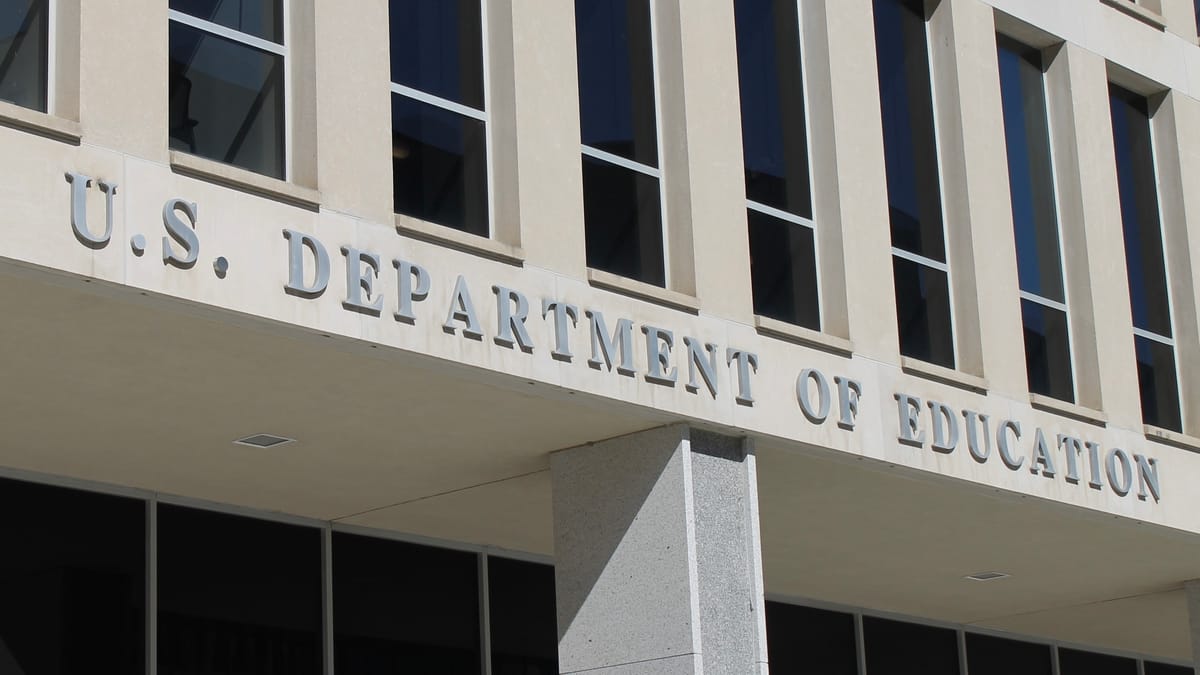Judge Halts Trump Admin Push to End DEI in Schools
DoE memos resemble Alabama’s 2024 SB129, which also bans DEI and “divide concepts”

A federal judge in Maryland has blocked two Trump administration actions designed to dismantle Diversity, Equity, and Inclusion (DEI) programs in schools and colleges.
In her ruling on Thursday, U.S. District Judge Stephanie Gallagher, who was appointed by President Trump (45) in 2019, found that the Department of Education (DoE) broke the law by threatening to cut federal funding to institutions that continued DEI work.
The decision followed a summary judgment motion by the American Federation of Teachers and the American Sociological Association, who filed a lawsuit in February. They challenged two memos from the DoE that demanded schools and universities drop "race-based decision-making" or risk losing critical funds.
Judge Gallagher ordered that the guidance be vacated, concluding that it failed to meet procedural law standards. She explicitly made no judgment on whether the policies were “good or bad, prudent or foolish, fair or unfair.”
Gallagher rejected the Education Department’s claim that the memos were reminders that discrimination is illegal. Instead, she said they triggered "a sea change" in policy and stirred fear among educators that lawful speech might bring punishment.
Some legal advocates welcomed the verdict. Skye Perryman, President of Democracy Forward—which represented the plaintiffs—called it “an important win over the administration’s attack on DEI.” Perryman added, “Threatening teachers and sowing chaos in schools… today the people won.”
The DoE said it was disappointed by the ruling but emphasized that it would continue enforcing Title VI protections for students at a high level.
The dispute began with a February memo that banned any race-based choices in admissions, aid, hiring, or other school life, expanding the 2023 Supreme Court ruling to all educational settings. A follow-up memo in April required States to certify they weren’t using prohibited DEI practices—threatening schools with the False Claims Act if they didn’t comply.
Together, the memos framed longstanding efforts to correct racial inequality as themselves discriminatory. Critics called it censorship. The lawsuit argued the memos were both vague and coercive, forcing educators to choose between free speech or losing federal dollars.
The reversal of these DoE directives marks a significant setback for the Trump administration’s anti-DEI campaign in education. However, given the administration’s willingness to rapidly appeal such decisions—as well as Judge Gallagher’s refusal to comment on the policies themselves—appeals are likely.
In Alabama, State lawmakers enacted their own anti-DEI measure in 2024 when Governor Kay Ivey signed SB129 on March 19. The law bars all public institutions—including K–12 schools, State agencies, and Universities—from funding or sponsoring DEI programs and prohibits so-called “divisive concepts.” It also requires college restrooms to be designated by biological sex. The law took effect on October 1 and has already prompted Universities to shutter DEI offices and suspend related programs. While a lawsuit filed by students and professors is moving forward, a federal judge recently refused to block enforcement of SB 129, allowing the law to remain in place as the case proceeds.
Judge Gallagher’s ruling may be found HERE.




